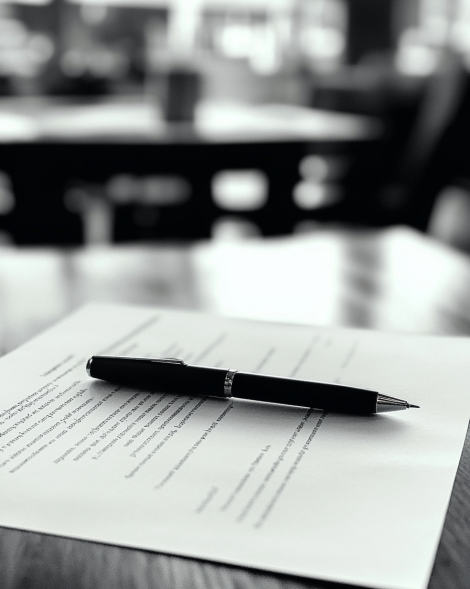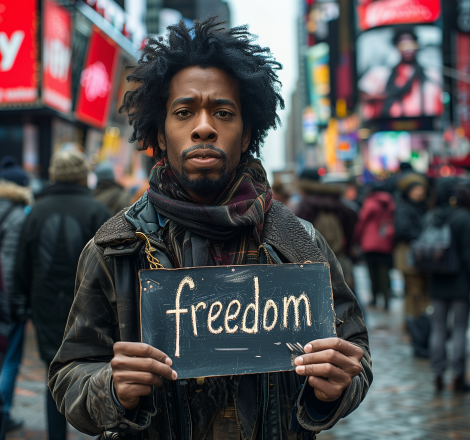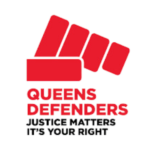

Clean Slate eligibility requires serving waiting periods after convictions, completing probation or parole, and having no pending charges.
Policy, Inc. invites individuals to a Town Hall event focusing on the Clean Slate Act and Certificate of Relief from Disabilities. Attendees will receive education, legal assistance, and community support, with morning and afternoon sessions covering relevant topics. Participants are encouraged to bring legal documents, and registration is required through partner organizations’ websites. The event offers a chance for formerly incarcerated individuals to seek relief and contribute to societal progress. Follow-up support will be provided post-event. Register now for this opportunity to support change and rehabilitation in the community.










A person is eligible for relief under Clean Slate when:

At Policy, Inc., we are committed to advocating for policy solutions that will address these issues and promote justice and equity in South East Queens.
Copyright © 2024 Policy Inc All Rights Reserved
Website was created by C&P Creative
establishes legislative intent
establishes procedures and parameters for sealing criminal convictions.
establishes requirements for sealed records.
establishes authority to promulgate forms, procedures, and processes for the sealing of records.
incorporates records sealed under this legislation into exist-ing prohibitions against discrimination.
address sealing of corrections records.
establishes a private right of action.
establishes severability.
the effective date.